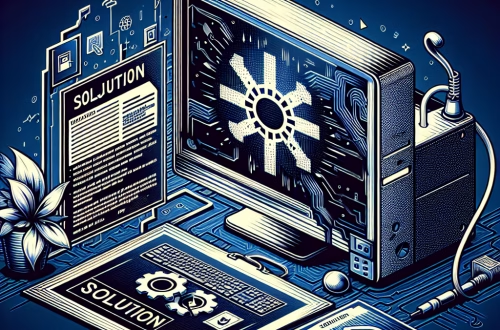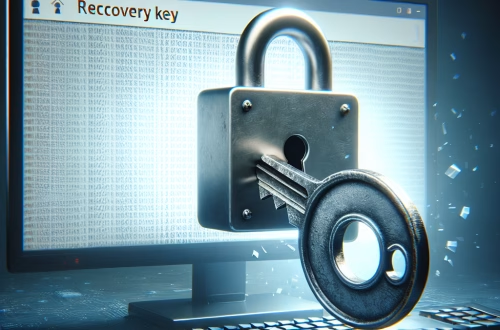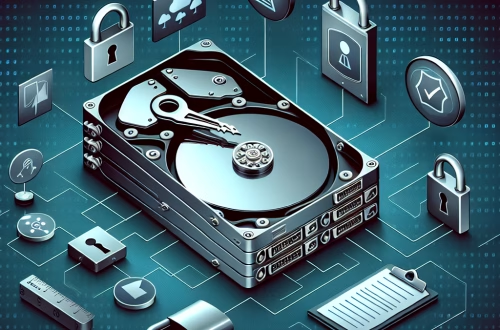BitLocker on Linux Explained
BitLocker on Linux refers to the process of accessing or managing BitLocker-encrypted drives on a Linux operating system. BitLocker, a full-disk encryption feature in Windows, is not natively supported on Linux, but tools like dislocker enable Linux users to decrypt and mount BitLocker-protected drives. This is particularly useful when accessing data from a Windows-encrypted drive on a Linux machine. Common scenarios include dual-boot systems, data recovery, or cross-platform file sharing. However, this process requires the BitLocker recovery key or password to unlock the drive.
What This Means for You
- Immediate Impact: If you attempt to access a BitLocker-encrypted drive on Linux without the proper tools or recovery key, the drive will remain inaccessible, preventing you from retrieving your data.
- Data Accessibility & Security: Without the BitLocker recovery key, your data is effectively locked. Ensure you have the recovery key stored securely, as it is the only way to decrypt the drive on Linux using tools like
dislocker. - System Functionality & Recovery: Accessing BitLocker-encrypted drives on Linux requires additional software and technical knowledge. Failure to properly configure these tools can result in data inaccessibility or potential corruption.
- Future Outlook & Prevention Warning: Regularly back up your BitLocker recovery key and familiarize yourself with Linux tools like
dislockerto avoid data loss when working across operating systems.
BitLocker on Linux Solutions
Solution 1: Installing and Using Dislocker
Dislocker is a Linux tool that allows you to decrypt and mount BitLocker-encrypted drives. Follow these steps:
- Install
dislockerusing your package manager. For example, on Ubuntu, run:sudo apt-get install dislocker. - Identify the BitLocker-encrypted drive using
lsblkorfdisk -l. - Create a mount point:
sudo mkdir /mnt/bitlocker. - Decrypt the drive using the recovery key:
sudo dislocker -V /dev/sdX1 -p(replace-- /mnt/bitlocker /dev/sdX1with your drive identifier and - Mount the decrypted drive:
sudo mount -o loop /mnt/bitlocker/dislocker-file /mnt/bitlocker_mount.
Solution 2: Using the Recovery Key
If you have the BitLocker recovery key, you can use it to unlock the drive on Linux:
- Locate your recovery key, which is typically a 48-digit number stored in your Microsoft account, a USB drive, or a printed document.
- Use the recovery key with
dislockeras described in Solution 1. - Ensure you enter the key correctly, as incorrect entries will prevent decryption.
Solution 3: Advanced Troubleshooting with Command Line Tools
For advanced users, command-line tools can help troubleshoot BitLocker issues on Linux:
- Use
cryptsetupto manage encrypted volumes:sudo cryptsetup open /dev/sdX1 bitlocker_volume. - If the drive is corrupted, use
ntfsfixto repair NTFS partitions:sudo ntfsfix /dev/sdX1. - Check system logs for errors:
dmesg | grep -i bitlocker.
Solution 4: Data Recovery Options
If all else fails, consider professional data recovery services. These services specialize in recovering data from encrypted or corrupted drives, though they can be costly.
People Also Ask About
- Can I use BitLocker on Linux natively? No, BitLocker is a Windows feature, but tools like
dislockerenable access on Linux. - What if I lose my BitLocker recovery key? Without the recovery key, data recovery is nearly impossible, emphasizing the need for secure backups.
- Is
dislockersafe to use? Yes,dislockeris a reliable tool for decrypting BitLocker drives on Linux. - Can I encrypt a drive with BitLocker on Linux? No, BitLocker encryption must be performed on a Windows system.
Other Resources
For more information, refer to the official dislocker documentation or Microsoft’s BitLocker support page.
How to Protect Against BitLocker on Linux Issues
- Regularly back up your BitLocker recovery key to multiple secure locations.
- Test accessing your BitLocker-encrypted drive on Linux before an emergency arises.
- Keep your Linux system and tools like
dislockerup to date. - Avoid modifying BitLocker-encrypted drives on Linux unless necessary.
Expert Opinion
Accessing BitLocker-encrypted drives on Linux is a powerful capability but requires careful preparation. Ensuring you have the recovery key and understanding tools like dislocker are critical for seamless cross-platform data access.
Related Key Terms
- BitLocker recovery key
- Dislocker Linux
- BitLocker decryption on Linux
- NTFS repair on Linux
- Cross-platform data access
*Featured image sourced by Pixabay.com





